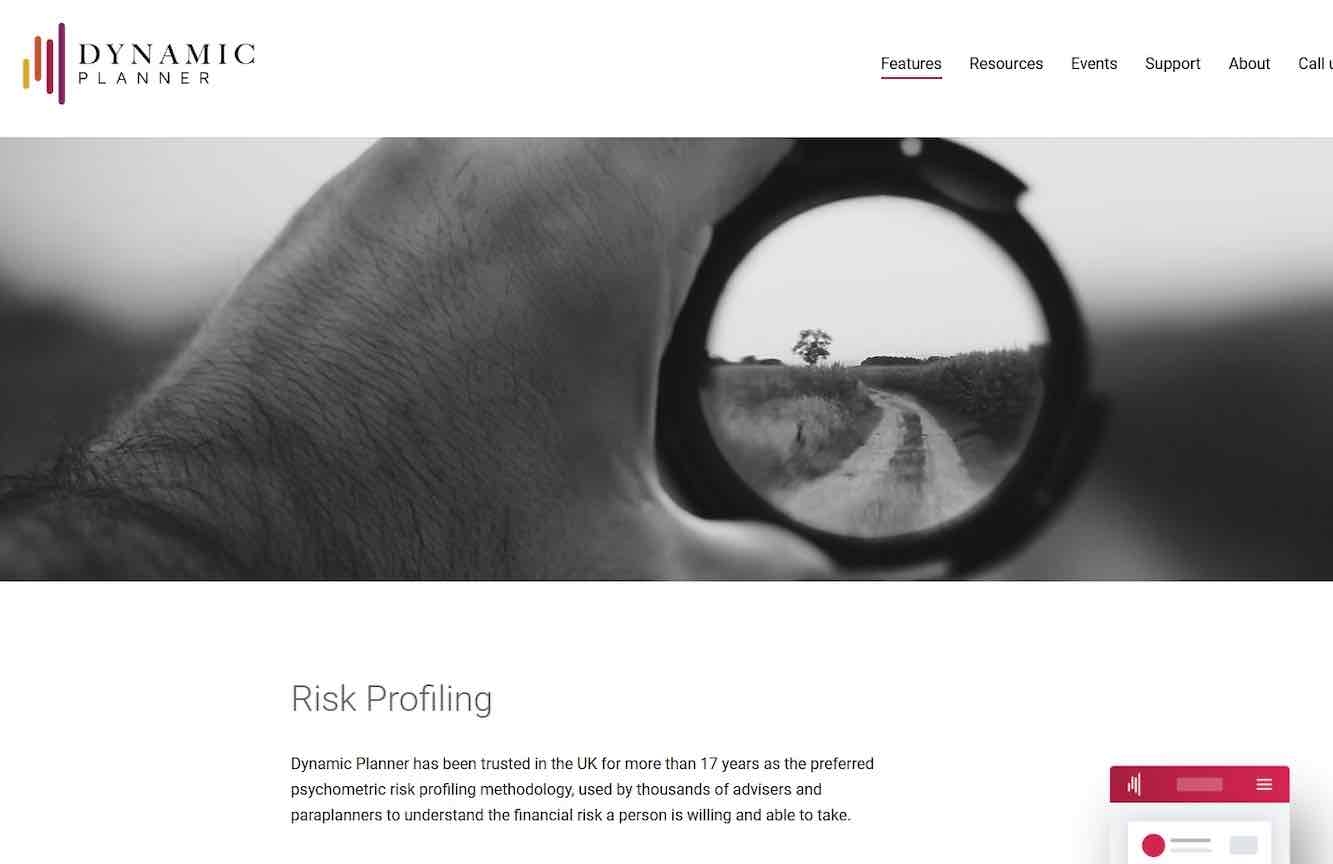An investor behaviour project has revealed how 'emotional wellbeing' in difficult investment periods differs between those with a Financial Planner and those without.
Survey participants were shown hypothetical scenarios where they experienced a market crash and a decline in their pension values.
The government-sponsored joint project between risk-based Financial Planning tool provider Dynamic Planner and the Henley Business School aims to help investors achieve better outcomes in the face of financial adversity.
Of those questioned, 58% of respondents who had experience of financial advice were concerned, while 25% were still optimistic about their financial situation. Of those without experience of financial advice, 74% were concerned and only 12% were optimistic.
These levels of concern remained robust amid the impact of Covid-19.
When it comes to financial risk, individuals who had worked with a Financial Planner were more comfortable with it - 13% were in a medium-high risk level (7-10) and 21% in a low-medium risk level (1-4), whereas only 7% of those with no experience were in a medium-high risk level and 43% in a low-medium risk level.
The differences in risk tolerance levels were apparent despite the impact of Covid-19 on market volatility.
However, the study also found that respondents who took part in the survey after the real-life market crash as a result of Covid-19, had lower levels of confidence in their abilities to manage their finances and higher levels of negative emotions.
Louis Williams, Dynamic Planner’s head of psychology & behavioural insights said: “The findings so far show that, generally, those who had worked alongside a Financial Planner were more resilient, had higher levels of positive emotions and self-esteem, were more confident in their abilities to manage their finances, more conscientious and emotionally stable, and were better able to regulate their emotions.
“It might be the case that such individuals with these positive emotional attributes may be more likely to seek financial advice rather than developing these qualities as a result of engaging with a Financial Planner.
“But the evidence does demonstrate that there are important individual differences. In fact, when controlling for factors that may lead to seeking financial advice and having higher levels of these resilient characteristics, such as age and wealth, we continue to observe the emotional well-being benefits of having experience with a Financial Planner. Such qualities of stability and resilience are what we desire to promote and develop within all investors in order to face periods of adversity with confidence.”
• Research conducted with 610 respondents between 24 January 2020 and 31 March.

